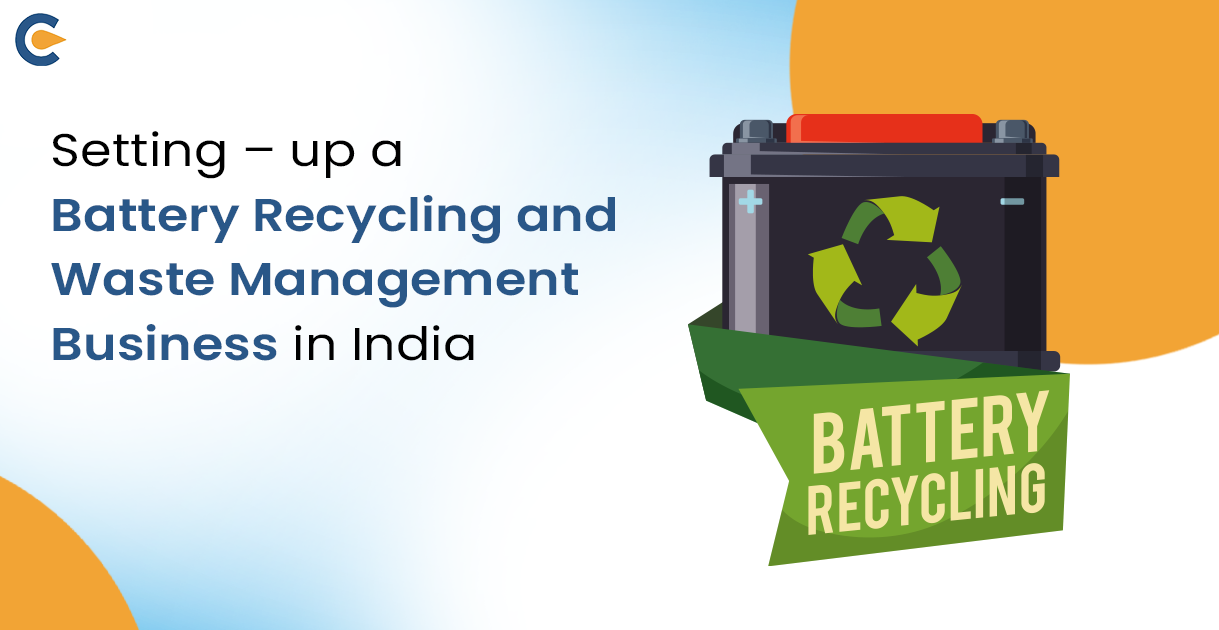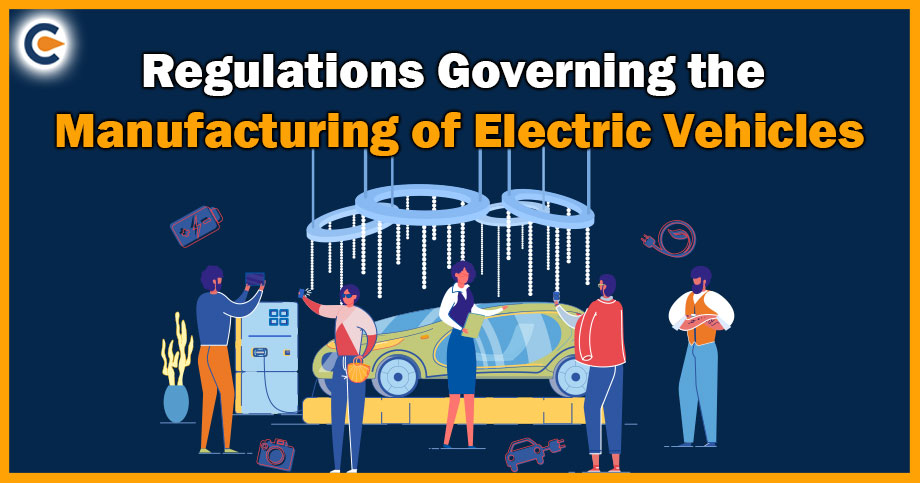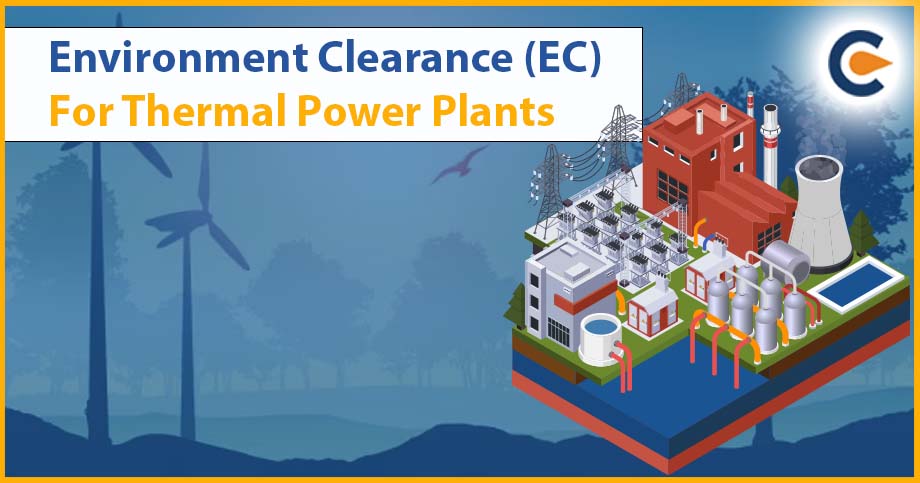India produces large volumes of retail and industrial–grade batteries. Being an industrial and manufacturing prime country. The production of batteries by battery producers and manufacturers and the corresponding consumption of batteries in India are so vast that they require careful disposal and decontamination measures to ensure the safety of the environment and ecosystem. Common lithium-ionized batteries contain harmful and toxic chemicals[AG1], such as lead, sulfur, and phosphate, which are harmful to the immediate environment. With the proliferation of Electric Vehicles (EV) and battery recycling companies, the production and recycling of lithium (Li-ion) batteries has seen a large-scale revamp and innovation in technology. The lithium-ion battery recycling market is on the boom, with ample individual recyclers as well as lithium-ion battery recycling businesses being set up or expanding their operations. However, at the same time, there has been a significant rise in open-dumping of used batteries and their components that emit greenhouse gases such as Carbon Mono-dioxide, Argon, and Methane, which are environmentally hazardous gases.
To implement Battery Disposal Regulations and ensure environmentally sound battery production and battery recycling processes, The Government of India Enacted the Battery Waste Management Rules, 2001, and the Hazardous Waste Management Rules, 2016. These Battery Disposal regulations aim to regulate, provide the framework for, and penalize the individuals acting in contravention of the laws meant for environmental protection. For Every individual or corporation looking to set up a Battery Waste Management Business, the Government Regulations on E-Waste management and Disposal must be complied with. In this article, we shall delve into the compliances required for the Battery Waste Management Business in India.
Major Entities Involved in the Battery Waste Management and Battery Recycling Business
The Government has empowered the Central Pollution Control Board (CPCB) and respective State Pollution Control Board (SPCB) to regulate, govern, and make an appropriate framework and pass guidelines to implement the provisions of Battery and E-Waste Management laws for recycling plants and recycling companies in India. The Central and State Boards, respectively, have powers to authorize, inspect, penalize, and even restrict the activities of Battery Waste Management Businesses and impose strict guidelines on their operations. The Battery Waste Management Act and Rules have identified the following class of entities or stakeholders who shall be liable for different aspects of Battery Waste Management.
The 2022 Amendment to the Battery Waste Management Rules introduced the concept of Extended Producer Responsibility (EPR), which confers multiple responsibilities related to Battery Waste Recycling and Management on a single person. The various kinds of EPR domains are discussed here –
1. Producer
Producer is an umbrella term used to define a person who is responsible for the manufacture and sale of Battery and subsequent battery Waste management and Abiding by Battery Disposal Regulations. A producer is responsible for the sale of a battery and its components and its refurbishment. The Producer shall also be responsible for the sale of the battery under any specific white-labelling arrangements or sale under his label as well. Furthermore, the Produce is also entrusted with the import and export of Batteries, their components, and other hazardous materials.
2. Manufacturer
A manufacturer is a person who manufactures and recycles the battery and other auxiliary components either under his production label or by entering into any white-labelling arrangement with assemblers and other parties. A producer is, by extension, a manufacturer only, tasked with the responsibility of, under Battery Waste Management and Battery Disposal Regulations, to ethically manufacture batteries and battery components and safely dispose of the hazardous material and waste produced in the process of manufacturing.
3. Recycler
The Battery Waste Management Rules and Battery Disposal Regulations provide for proper recycling and refurbishment of used and depleted batteries for their repurposing. As per the EPR system, the Producer, End-user, or Recycling Company in the collection, segregation, and Disposal of lead-acid batteries and electronic waste components are required to meet certain refurbishment targets based on the reusability of discarded batteries. Also, the Recycler/Refurbisher is required to abide by Battery Disposal regulations while handling, storing, recycling, refurbishing, and reselling used batteries.
Regulations for Battery Recycling Companies and Battery Waste Management Rules in India
- Battery Waste Management Rules,2022
- Battery Waste (Management and Handling) Rules, 2001
- Environment Protection Act, 1986
- Water (Prevention & Control of Pollution) Act, 1974
- Water (Prevention & Control of Pollution) Act,1981.
- Factories Act, 1948
- Hazardous and Other Wastes (Management & Transboundary Movement) Rules, 2016
Company Incorporation Certificate
Setting up a lithium-ion battery waste recycling company or electronic waste recycling unit in India Requires compliance with the following laws and regulations –
Licenses and Permits You Require for Setting up a Battery Waste Management and Recycling Business.
The Government has laid down several compliance and licensing requirements under several state and central laws and regulations that you are required to comply with to set up a Battery Recycling Business and Battery Waste Management Business in India. They are –
Company Incorporation Certificate
As per the requirements of the Companies Act 2013, A Battery Waste Management Business needs to register itself with the Local office of the Regional Registrar of Companies. You are required to select the company structure for your Battery Waste Management Business from Private Ltd. Company, LLP, Sole Proprietorship, or Joint Venture Company. Based on the business structure, you shall submit the required documents such as MOA, AOA, ID proof of directors, details of the registered office of the company, and GST registration Certificate with the Registrar of Companies. The Ministry of Corporate Affairs, upon verification of the submitted documents, issues an Incorporation Certificate for your Battery Waste Management Business.
Factory License
To set up a manufacturing and production unit for your Battery Waste Management Business, you are required to register and comply with the provisions of the Factories Act. The Chief Inspector of Factories certifies the fitness and complaint nature of your business, post inspection and examination of the site and manufacturing units, and issues a valid Factories License, allowing you to establish your Battery Waste Management Business.
Additionally, you are also required to comply with the labour and employment requirements related to registration, record keeping, and annual filing of muster rolls of the workers in your establishment as per the Factories Act.
Consent to Operate and Consent to Establish
Under the Battery Waste Management Rules and Battery Disposal Regulations, the Producer or Battery Waste Management Business Owner is required to Obtain valid incorporation and establishment of a business certificate, known as a Consent to Operate (CTO) and Consent to Establish (CTE) Certificate from the CPCB. The CTO and CTE are mandatory requirements for setting up a Waste Management Business as per the Water (Prevention & Control of Pollution) Act, 1974, and the Water (Prevention & Control of Pollution) Act,1981. The business incorporation certificate is granted once you comply with all the environmental and hazard-mitigation compliances, and only after a thorough investigation of the plant, the factory production unit carrying out the battery recycling business in India, by the Board Officials. The Certificate, once issued, is valid for five years and has to be renewed periodically.
Handling and Transportation of Hazardous Waste
The hazardous waste generated in the process of recycling Lithium-Ion batteries and other used battery materials and by-products shall be processed and treated as per the provisions of the Hazardous Wastes (Management, Handling, and Transboundary Movement) Rules, 2016. The Producer shall register with the Pollution Control Authorities by submitting the form and required documents as per the Rules.
The Rules also mandate that the EPR shall be discharged by the concerned person in the process of handling, transporting, and disposing of waste produced by the Battery Waste Management Business. These Rules aim to address electronic waste management and bring out environmental benefits. The Producer shall also ensure that the components of the battery being transported are not exposed to any external components that can cause harm to human life and environmental ecology.
BIS Certification
The Bureau of Indian Standards is the nodal agency that lays down standards for producing and recycling lithium-ion batteries in a manner that does not harm the user or re-purchaser. The battery recycling business must procure a license from BIS by submitting certain samples of their recycled components, which are then examined and verified by the Quality Checkers. Upon satisfaction of the raw material used, the waste treatment process or battery waste management and recycling technologies are up to par with the standards of the Bureau; the officials issue a compliance certificate.
Documents required to start a Battery Waste Management Business and Recycling Lithium-ion Batteries
For setting – up a lithium-ion battery recycling and battery waste management business in India, you are required to obtain the following licenses and arrange the following documents- –
- ERP Plan, along with personal details of the Producer – PAN, AADHAR, Registered ID, Permanent Address who shall undertake the responsibility of a Producer under the provisions of the Rules.
- Memorandum of Association, Articles of Association, Certificate of Incorporation, Tax Registration Number, Registered Office address, and Declaration by the Directors/members of the company
- Consent to operate and Consent to Establish Certificate from the Central Pollution Control Board and respective authorizations from the State Pollution Control Board.
- Factory License and labour and employment clearances by making requisite submissions and filings with the Chief Controller of Factories. The Factory License is necessary if you wish to set up a manufacturing or production plant to process waste batteries.
- Licenses for Processing batteries used in EV and EV-based components. The Bureau of Indian Standards (BIS) is the nodal agency that lays down the guidelines for the manufacture and effective recycling of lithium-ion batteries.
Conclusion
EV and Battery Waste Management Businesses in India are witnessing a surge, and so is the number of compliances and licenses required. Due to the complexities in gaining statutory approvals and permits from the Authorities and the multiplicity of compliances across several areas, Battery Waste Management Business finds challenges in incorporating and functioning smoothly. Corpbiz can help you and your Waste Recycling Business navigate the intricate licensing and approval requirements and assist you in setting up your Battery Waste Management and Recycling Business with the least possible time and effort. Corpbiz is your single-window solution to all major company formation and licensing services providers at affordable prices. To learn more about our services, visit www.corpbiz.com today!
Frequently Asked Questions
Lead Acid Battery
Lithium Battery
Nickel Cadmium Battery
Sealed Maintenance-Free Battery
Hybrid-hydrometallurgy is the most commonly used industrial method used for e-waste recycling and lithium-ion battery recycling in India.
A Battery Waste Management Business/ lithium-ion battery recycling business in India can be set up for as low as Rs. 2 – 7 lakhs.
Battery and E-waste management entities in India are recognized, governed, and regulated by the Central Pollution Control Board and State Pollution Control Boards.
Between 2021 and 2030, EV sales in India are expected to experience a compound Annual Growth Rate of 40%.
The end of life for used lithium-ion batteries is between 3 and 12 years.
The EPR Authorization for E-waste has a five-year validity period, which can be extended later. Gravita India Ltd. is the largest Battery Recycling Company in India.
Yes, E-Waste will not only reduce the issue of managing solid waste but also reduce the cost of the raw material required for producing electronic devices and events.
1. Battery Waste Management Rules,2022
2. Battery Waste (Management and Handling) Rules, 2001
4. Water (Prevention & Control of Pollution) Act, 1974
5. Water (Prevention & Control of Pollution) Act,1981.
6. Factories Act, 1948
7. Hazardous and Other Wastes (Management & Transboundary Movement) Rules, 2016.
Lead Batteries containharmful substances such as sulphuric acid, mercury, nickel, cadmium, or lead and emit noxious gases upon decomposition, known as chlorofluorocarbons upon decomposition.
As per the data of the Union Transport Ministry, there are presently 2.8 million registered EV units in India.
Yes, about 90-95% of all Lead-acid batteries are recyclable.
EV Batteries attract a GST rate of 18%.
EV Batteries have an average life expectancy of 10 -15 years.
The Battery Swapping Policy is an alternative to changing used batteries where discharged batteries can be exchanged or swapped with charged batteries at designated charging stations.
Read Our Article: Reduce, Reuse, Recycle: Waste Recycling and Management











